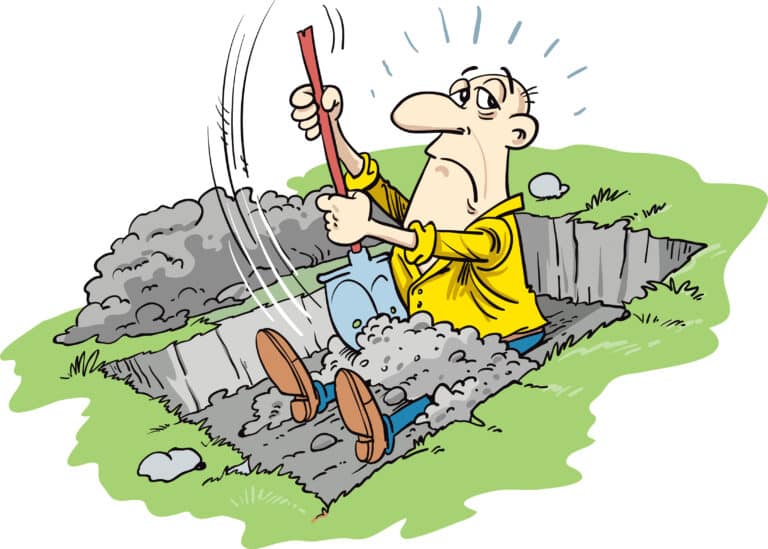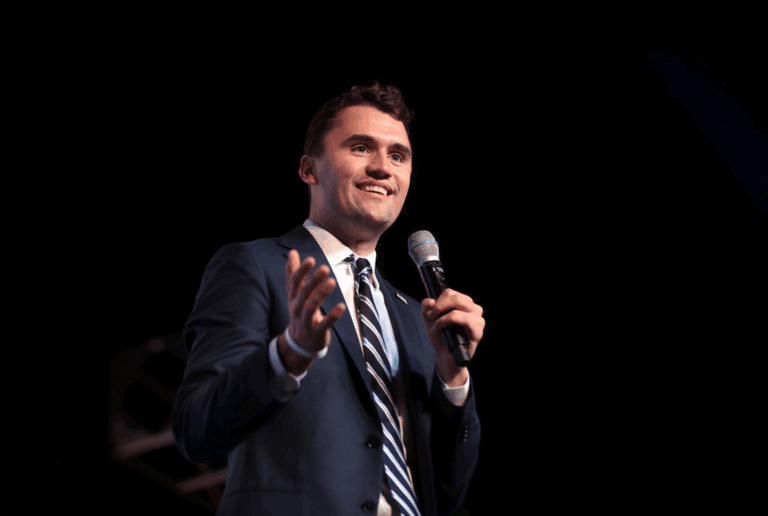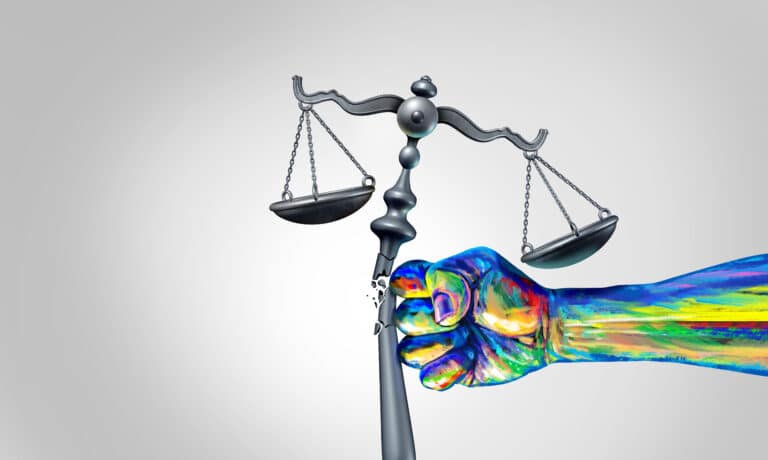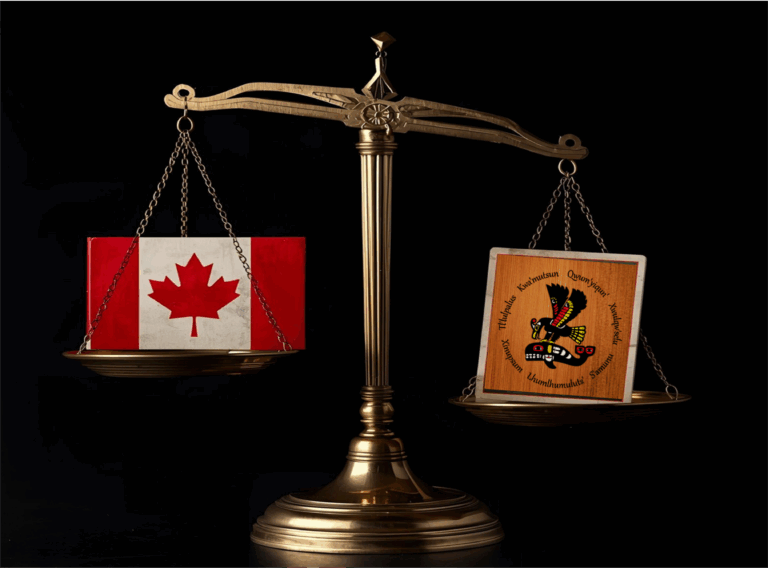Marijuana is now legal in Colorado, Alaska, Washington State, Washington, D.C., and may soon be legal in several other states if referenda slated for 2016 pass. Medicinal marijuana dispensaries are sprouting like weeds in Vancouver and selling some of the best bud on the planet to so-called “legitimate patients with valid medical needs.” This month the Supreme Court of Canada gave them a green light to sell cannabis cookies and concentrates as well as dried buds, which many had been doing even before the ruling. And, of course, Justin Trudeau has promised that, if he becomes prime minister, he will legalize dope.
Legalization advocates – as well as many casual users – are nearly beside themselves with joy. I can’t say I share their excitement and I speak not as some stern moralist or self-righteous scold but as someone who has had more than a passing acquaintance with the product and its benign properties and mildly intoxicating powers. As strange as it may seem, I like things just the way are.
What we have today is a market that functions almost perfectly. Supplies are ample. The quality is excellent. And the price is right. Where I’m sitting, which is southern Ontario, a one-ounce bag costs $200. Used moderately, it’ll last a year and it’s free of taxation, regulation and myriad other forms of government meddling.
If things must change, let’s decriminalize. That would suit users and it would serve the interests of the criminal justice system. The police – at least officers working in large urban areas – have no interest in charging someone for a small amount of weed. They have far more serious matters to deal with – like murders, attempted murders, sexual assaults, robberies and gun crimes. Likewise, judges must wince when an otherwise law-abiding citizen appears before them charged with possession. Surely, our clogged courts can better use their resources dealing with real criminals.
However, decriminalization will not suffice for advocates of legalization. My advice to them is be careful what you wish for. For one thing, governments love monopolies. The ink would scarcely be dry on legislation to legalize and either federal or provincial authorities, or both, would be in a mad scramble to monopolize the business and tax users as heavily as possible in order to create a new revenue stream. Heck, they could even tack a carbon tax on combustible pot products.
The Globe and Mail recently provided a glimpse of what to expect if Canada legalizes. Columnist Margaret Wente travelled to Colorado to report on the legalization experiment unfolding in that state and noted that: “Leading policy experts in both Canada and the United States now believe that marijuana should be decriminalized….They argue that marijuana production, distribution, sales and marketing should be tightly controlled – that is, that it should not just be decriminalized, but made legal, and brought under the regulatory authority of governments.”
The Toronto-based Centre for Addiction and Mental Health, Wente reported, has developed a set of guidelines for legalization that include a mandatory state monopoly: “Products would be priced high enough to curb demand, but low enough to discourage the black market. Store hours and locations would be limited. Product lines would also be restricted. There would be plenty of public education to discourage misuse and cannabis-impaired driving.”
Talk about a buzz kill. Those who enjoy the occasional toke would be compelled to pay higher prices for lower quality product. They would be bombarded with busy-body government messaging meant to discourage use of a product that the government controls from seed bed to storefront. They would be required to pay for provincial marijuana control boards staffed with thousands of unionized growers, cultivators, harvesters, warehousers, distributors and retailers, all collecting salaries and benefits in line with other public sector employees.
All these operating costs would be built into the retail prices, which would be cranked even higher by sin taxes to ensure that the whole bloated, inefficient enterprise was delivering billions of dollars to government coffers.
There is an alternative to this nightmare. If we must legalize, let the private sector run it and let B.C.’s already flourishing medicinal marijuana trade serve as a template. The website Leafly, which bills itself as “the world’s largest cannabis information resource,” lists 48 medical marijuana dispensaries in Victoria and the Lower Mainland. All but a handful are in Vancouver and many sport doobie-ous names like iMedikate, Buddha Barn, the Sunrise Wellness Foundation and Zenleaf Delivery.
Some, like the Healing Tree Medical Marijuana dispensary, have multiple locations, Better Business Bureau ratings and serve customers on site or by mail order across Canada. Dispensary websites typically advise that customers must be “legitimate patients with valid medical needs” and must present a practitioners’ statement. Physicians, naturopaths or providers of traditional Chinese medicine all qualify as practitioners, and the lengthy list of “valid medical needs” includes such nebulous health problems as anxiety, stress and sleep disorders.
The Healing Tree offers nine different bud selections, and even before this month’s Supreme Court decision legalizing medicinal cannabis derivatives, it was openly selling 15 concentrates (hashish and oils), and over 50 edible products. Their intoxicating menu includes Atomic Love flowers, Shatter Deadhead OG concentrate and Chocolate Krispie Cup edible (although it does not specify what product or dosage works for which medical condition).
In other words, marijuana retailing is already as highly-evolved in Vancouver as the coffee or fast-food business. So, if we must legalize cannabis, leave it in the hands of such proven private sector operators and keep it as far as possible from the long, grasping hand of government.
~
D’Arcy Jenish is a Toronto-based author and journalist. He has written nine books, including histories of the Stanley Cup, the Montreal Canadiens and the NHL as well as an acclaimed biography of David Thompson. Jenish is also a former Senior Writer with Maclean’s and a former Senior Editor of Alberta Report magazine.






